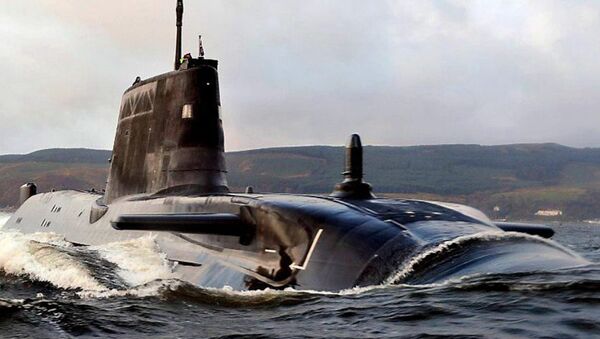The grounds for protest by Thales UK are not known at this time, but the complaint was made in mid-July after the MoD’s Defence Science and Technology Laboratory (DSTL) awarded MBDA the much-coveted contract.
DSTL has refused to comment on whether MBDA has in fact been chosen for the contract and whether the decision resulted in protest. A DSTL spokesperson said, "We are still in the process of finalizing the contract. For reasons of commercial confidentiality we do not discuss details of any discussions with the tenderers."
In their protest, Thales UK is using a European procurement law which requires a 10-day "cooling off" period between when the Defense Ministry informs all bidders of its decision and when the award is announced, ideally giving the losing bidders an opportunity to challenge the award.
MBDA leads the Dragonfire consortium of aerospace and defense companies, including Leonardo-Finmeccania, BAE Systems, Qinetiq and Marshall Defence and Aerospace. A Babcock-Raytheon team, consisting of Thales UK, Rheinmetall and Lockheed Martin, were rival bidders competing for a contract to build a solid-state, high-powered demonstrator weapon that would serve as part of a DSTL project dedicated to laser-directed energy weapons.
In May, executives at Raytheon said land trials on the demonstrator could be conducted as early as 2018. Last year, former head of the British Royal Navy, Adm. George Zambellas, told an audience at London’s DSEI arms exhibition that the Royal Navy hoped to conduct prototype tests on a warship by the decade’s end. Such a demonstration could lead to the British military testing a directed-energy weapon.
In 2014, the US deployed an amphibious transport dock called Ponce to the Arabian Gulf that featured a laser with the capability to down small surface vessels and drones. Germany has also conducted successful field tests on land-based systems by investing in MBDA Deutschland and Rheinmetall.
UK industry executives say the demonstrator program is part of an effort to catch up on the development of laser weapons, after being neglected by the British government for more than a decade. DSTL documents valued the contract at 20 million to 100 million pounds ($27 million to $133 million).





